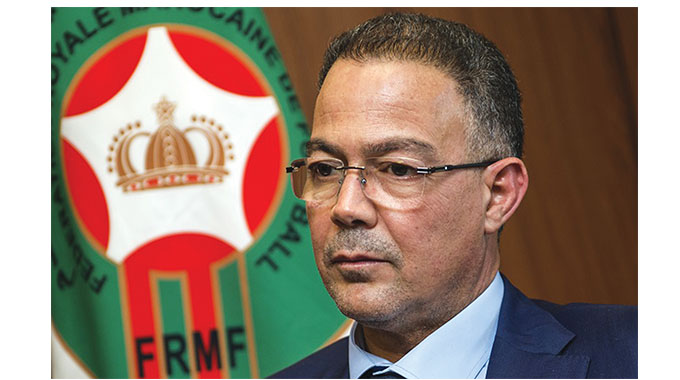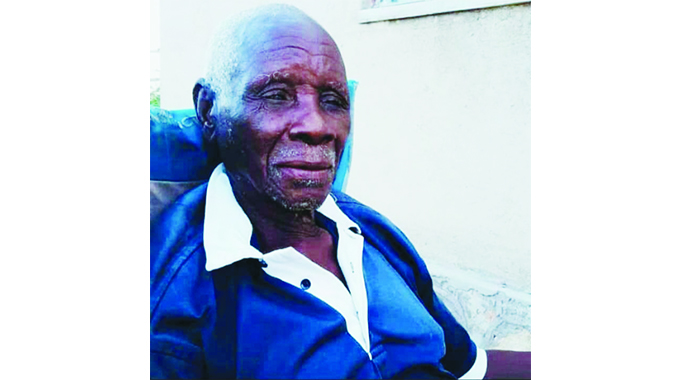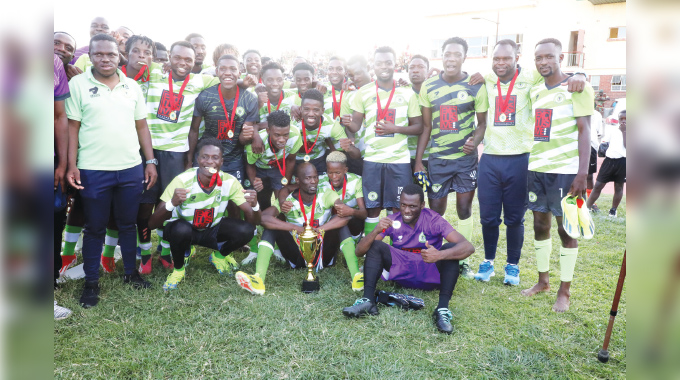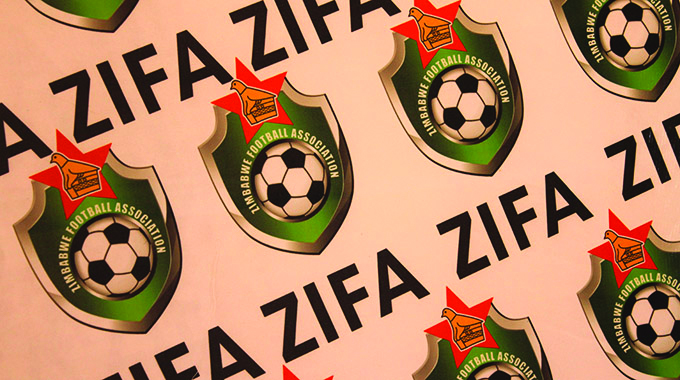‘World Cup every two years will give African teams more chances’

Sikhumbuzo Moyo, Senior Sports Reporter
THE president of the Royal Moroccan Football Federation, Fouzi Lekjaa, says a Fifa World Cup tournament played every two years will give African teams more chances of improvement by competing more often with the best in the world.
Lekjaa said the fact that only eight countries have managed to win the World Cup in the competition’s almost 100-year history is a clear example that its periodicity needs to be visited.
Speaking to Le360 Sports, Lekjaa also took a swipe at those against the two-year cycle, saying they are, in fact, egotists because they are discriminating millions of people just to protect their own commercial interests
“A World Cup played every two years instead of four will give African teams more chances to improve by competing more often with the best. This change will also offer many more opportunities for African talents to develop and shine at the world stage. Only eight teams have won the World Cup. And the most part of the participants are always the same. We need to make the World Cup a much more inclusive competition not only with the already approved increase of teams, but also with an increase in the frequency,” said Lekjaa.
He said a great competition is forged by the quality and meaning of it, not because it is rare.
“We have great competitions in all sports, including football, played every year and every two years (like the Afcon) and they don’t lose interest, nor the fans lose appetite for them. The World Cup will keep being an amazing competition, while at the same time being more democratic and giving less developed nations an opportunity to participate and get better,” said Lekjaa.
Fifa president Gianni Infantino is a great advocate of a two-year World Cup and Caf has already endorsed the idea but some European nations have expressed reservations.
Lekjaa said it was unfortunate that some sections are not endorsing the idea of a two-year World Cup.
He called on Fifa member states to debate the matter instead of dismissing it outright, despite its enormous benefits, especially for Africa.
“I have to say I was extremely disappointed with some reactions on this matter. The international match calendar is not decided after 2024 so people should sit down and talk about the best solutions for everyone, not just for those who enjoy all privileges, who have all the resources and look at Africa and other continents as second-class people that they have to put up with. It’s easy to make headlines and campaigns against racism and discrimination, but what Africa wants is concrete actions and goodwill, not arrogant, dictatorial, and discriminatory positions, while refusing to debate ideas.
“One more month every four years. We are not asking for something unrealistic. The ones who are against the World Cup every two years are, in fact, egotists because they are discriminating millions of people just to protect their own commercial interests. They should support the possibility to give hope to hundreds of millions of people of our continent,” said Lekjaa.
He remained confident that besides the few dissenting European voices, the proposal has a huge chance of receiving favourable responses from progressive nations.
“Fifa is nowadays a democratic organisation and Europe shows us the importance of respecting the opinion of the majority in a true democratic spirit. We hope that everyone in Europe respects democracy. Fortunately, there are a lot of European people and federations who support the idea.”
Iconic figures like Frenchman and former Arsenal manager Arsene Wenger have already charmed up to the idea of a two-year World Cup.
The Fifa World Cup has been awarded every four years since the inaugural event in 1930 except in 1942 and 1946 when it was not held because of the Second World War.
Fifa World Cup winners
1930, 1950 (Uruguay)
1934, 1938,1982, 2006 (Italy)
1942 and 1946 not held
1954, 1974, 1990, 2014 (Germany)
1958, 1962, 1970, 1994, 2002 (Brazil)
1966 (England)
1978, 1986 (Argentina)
1998, 2018 (France)
2010 (Spain)











Comments